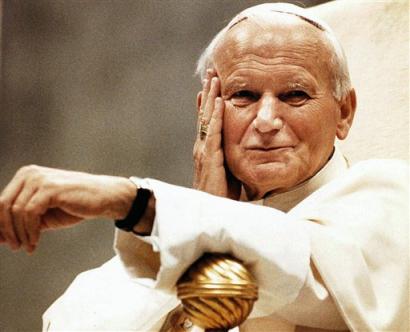
Yesterday I bought the recently released second album from the alternative, English, folk rock group Mumford & Sons. The album, styled "Babel", was released on the feast day of Our Lady of Walsingham (probably a coincidence), and is the fasting selling UK album of 2012. In their first song their singer makes clear where they stand on the Reformation shibboleth of "sola gratia" ("grace alone"). Mr Mumford sings repeatedly: "I believe in grace and choice!"
OK, perhap he just thought it sounded nice, and it happens to rhyme with the previous line. But funnily enough, this is exactly what the Council of Trent had to say on the issue.

In response to the Lutheran claim that our human nature is completely corrupt and our good works make no difference to our salvation because we are saved through grace alone, Trent said in its Decree on Justification in 1547:
"Those who through their sin were turned away from God, awakened and assisted by his grace, are disposed to turn to their own justification by freely assenting to and cooperating with that grace".
This two-fold profession of God's grace and our free assent is only a recognition of what is in Scripture, to which Trent refers:
"...When it is said in Sacred Scripture: 'Return to me and I will return to you" [Zech 1: 3], we are reminded of our freedom; but when we reply: 'Restore us to thyself, O Lord, that we may be restored' [Lam : 21], we acknowledge that God's grace precedes us."
In other words, our salvation is the work of God's grace, without which we can do nothing; but we play an active part in cooperating with that grace. This is an optimistic understanding of the human person, acknowledging that our nature is good because created by God, even if it is damaged by sin. We are in the image of God because we are what Blessed John Paul II called self-determining beings, that is, on a human level we determine who we are by the way we choose to live and the habits we form. God's grace enables us to do this.

Choice, by the way, is actually a lesser, earthly type of freedom. In heaven the saints will not choose to love God, they simply will love him, because they have attained that higher freedom in which they participate effortlessly in the glory of the Trinity.

So thank you Mr Mumford for recalling us to our Catholic anthropology.
No comments:
Post a Comment